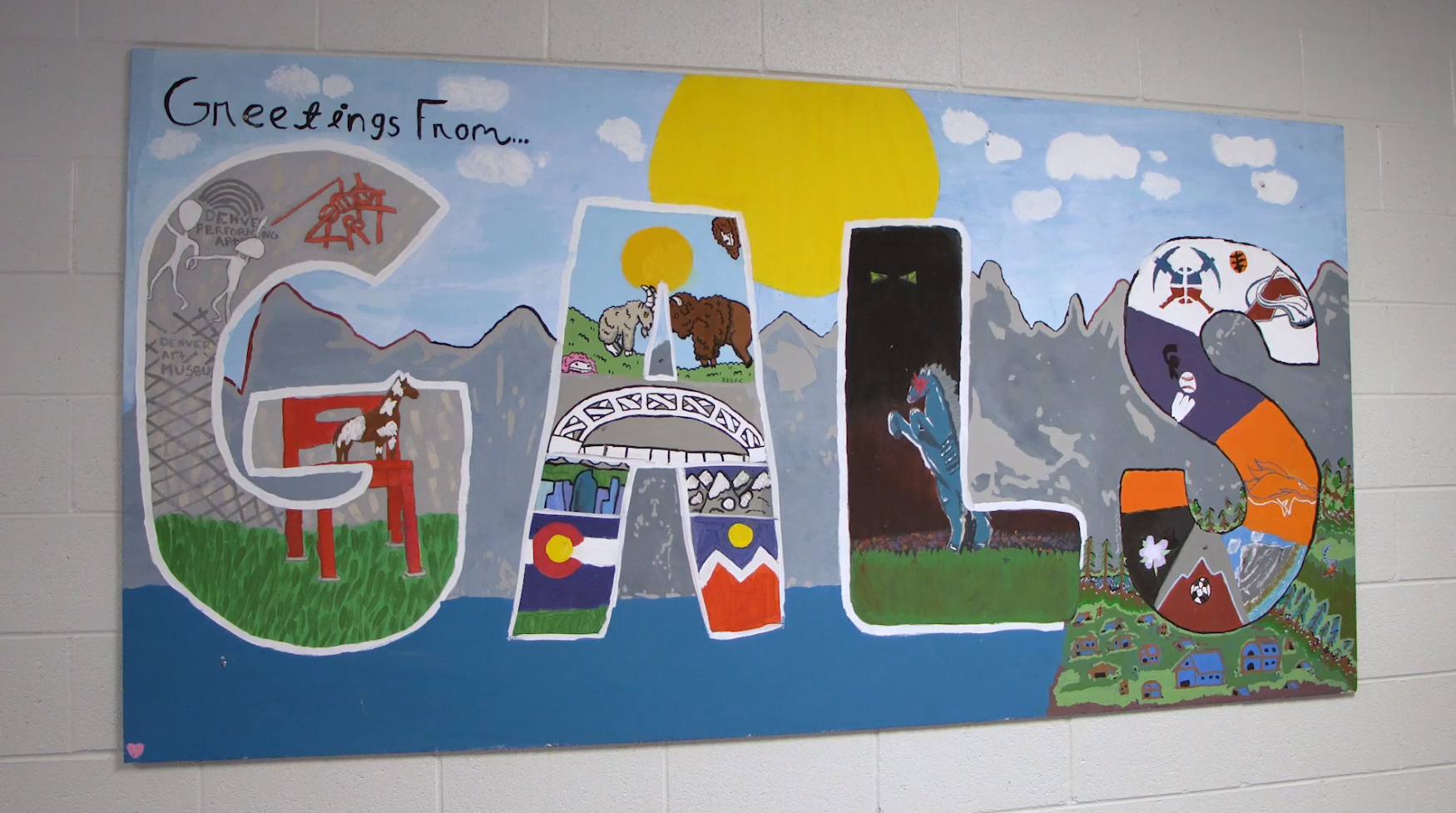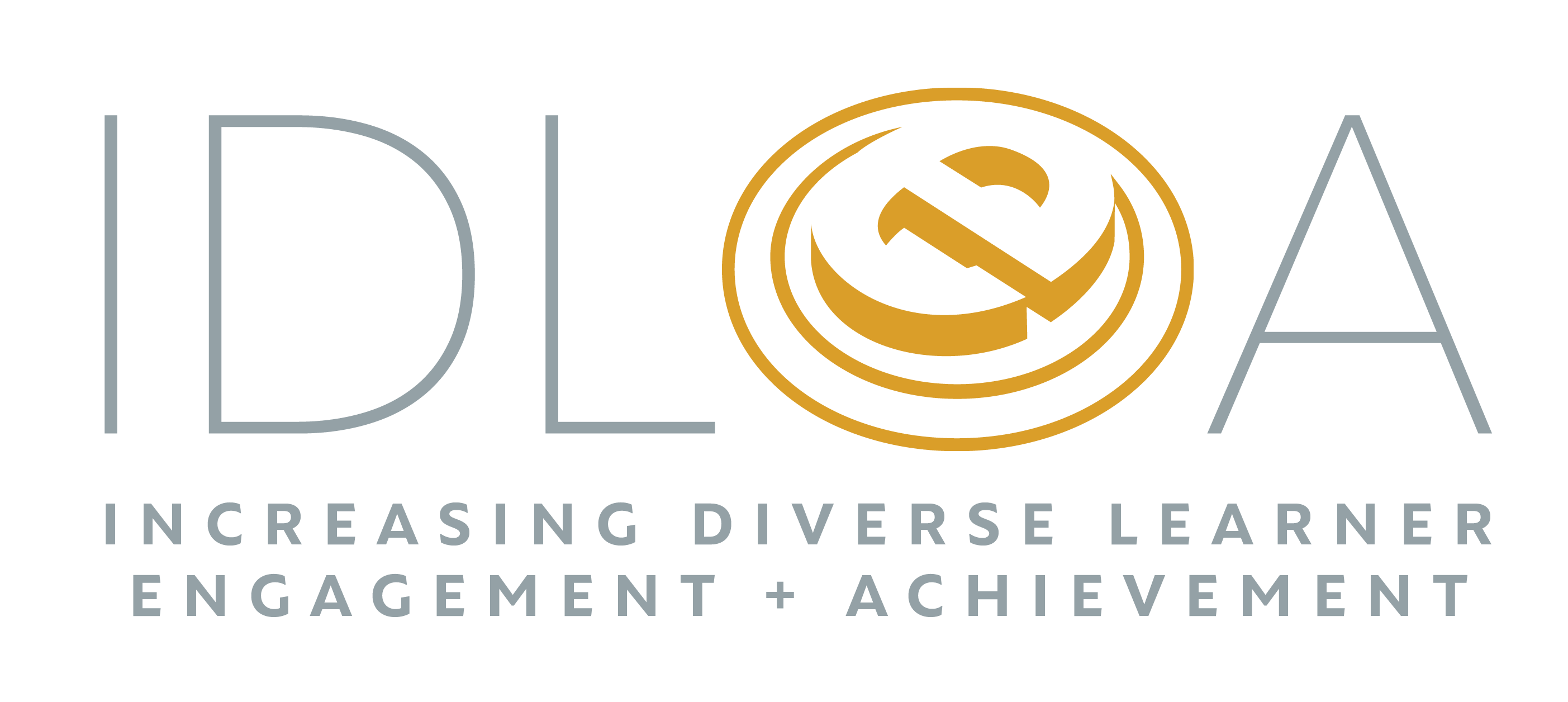“I feel more proud of the work that we've done this year than I have in any of my years of leadership."
—Leah Bock, Middle School Principal
Instituting Tools to Increase Cognitive Lift
Girls Athletic Leadership Schools (GALS) of Denver is an all-girls, college preparatory school in Denver serving grades 6-12 that is based on movement, social emotional learning and inclusion. While their relational and emotional engagement is very high, their challenge is in cognitive development. Using the RISE Grant, they chose to focus on the teaching and learning cycle, specifically the use of success criteria and formative assessment to gradually drive student engagement and increase cognitive lift.
“We really wanted to take the natural energy that is part of our school environment and make sure we’re seeing that as part of student cognitive lift,” explained Karen Davidson, Director of Inclusion.
The school’s goal is for 90% of teachers to collect and use formative data as evidenced in their impact tool, for 80% of students to accurately assess their own work and identify concrete steps to advance their learning, and that 85% of teachers report that support in staff development has increased their skill in using success criteria and formative assessment to improve student outcomes.
To track progress, GALS special educators, heads of school and instructional coaches are using work sample analysis as well as an impact tool to gauge various clear success criteria. They are also utilizing gradebook audits and periodic teacher surveys. “Ultimately, we want to ensure that along the way our measurement is solid,” says Karen.
An integrated, online form makes classroom assessments easy and feeds directly into a work plan that is specific to each teacher, providing a running track of where teachers need to improve on each criteria.
Being a movement school, GALS took the summer to set up their Gals 10K for gold, outlining “six miles” that they would hit over the duration of a year, setting a benchmark for each of those miles. Carrie Donovan, High School Principal, says, “Picking an engagement strategy at the beginning of the year, I think, was really positive for us because then we could align our resources and our entire teaching community around doing a couple of things really, really well.”
One challenge that GALS has faced was simply time. Coming out of COVID, they found they were spending more time addressing student behavior, managing logistics and simply remembering what it's like to run a school. “We had to slow down our initial implementation and find the time to really go, go deep and hit our indicator, “ says Leah Bock, Middle School Principal.
Another initial struggle came with teacher buy-in at the start because they presented the idea as success criteria. Teachers raised the question of who defines success if they’re making the criteria, especially if they’re a white woman in a class where not everyone is a white woman, because their criteria would be biased. But the outcome proved the struggle. Says Leah, “It was this amazing, incredible conversation that led us to this beautiful place where now teachers are creating criteria, evaluating them for bias, and getting student feedback about ownership. Once we had it, we had it in a big way. And that felt really, really good.”
Midway through the year, GALS was faced with a tremendous amount of staff and leadership turnover, losing key team players. Facing a resource capacity made the project more challenging to drive and hold tightly.
However, the implementation has brought targeted professional development and a new directionality to their community that is very clear for folks, something that has not been consistently true over the years. Carrie says, “that feels really good, to stand in something and all know regardless of where any one person might be at,that we all are in this together and pushing it forward on behalf of kids.”
The payoff is there. In October, GALS reported that visual criteria in classrooms jumped from zero to eighty-three in just six weeks. “It was a really lovely moment for us to come together and show that when we have a concerted effort, when we are collectively going after something, look at how cool it is when we all grow together. And can you imagine what that would feel like for a kid in a classroom?,” asks Leah.
After struggling to maintain their data around the implementation, GALS traded Google Docs for an investment in a platform called Teach Boost Pro that now houses all of their data from coaching, admin, walkthroughs and evaluations all in one place. An added bonus was the ability to choose a new evaluation tool that's rooted in equity, and to choose from that evaluation tool specific indicators for teacher evaluation this year that are 100% aligned with their milestones. “That's been a really, really cool evolution in helping us figure out how we're tracking progress toward our milestones,” says Leah.
As for students, they’re benefiting from more clarity around their studies. Using formative and specific explicit criteria, they are becoming the owners of their own learning. “They’re able to understand, oh, here's where I am. Here's what I might need. Here's what I don't even know,” says Carrie.
Coming off of 18 months of pandemic chaos, the program is providing GALS with an incredible sense of team, success and growth. “I do think it was a hard year to implement something as different for people as this strategy. On top of just trying to come back, we also endeavored to do this other thing that we'd never done and we did it. I think that sense for people was incredible, and I will hold onto that for a long time as a leader, as something that I feel incredibly proud of,” says Leah. She likens it to riding a roller coaster.
“People wanted this year to get on a rollercoaster they knew. What we did when we implemented this strategy was they got onto this thing that felt more or less familiar and they're nervous and excited to ride it. We threw in a loop but we changed the track for the better,” she says.
As GALS moves forward, they are seeing what works, what doesn't work, and exactly what's best for their school, students and teachers. Moving forward, they may pivot their strategy from a focus on criteria to meaningful feedback from students that encourages cognitive engagement. Refining the feedback process can help them to evolve in a positive direction. “Overall,” says Leah, “I think our strategy will probably stay the same. The actual nuance of the day-to-day framing might change, but I think they're going to change by moving to the next level.”
What GALS is striving for is increasing both clarity and accessibility around student lessons. Shares Leah, “We're giving keys to kids in a way that's allowing them to unlock their own learning and discover success in places that they maybe hadn't before. They get to own their learning and be confident in what they're doing because what it means to succeed, what it means to meet expectations, and what it means to be proficient isn't a mystery anymore. That’s power, and it's been a really powerful thing to watch.”
She sums up her team’s success. “I feel more proud of the work that we've done this year than I have in any of my years of leadership,” says Leah.


